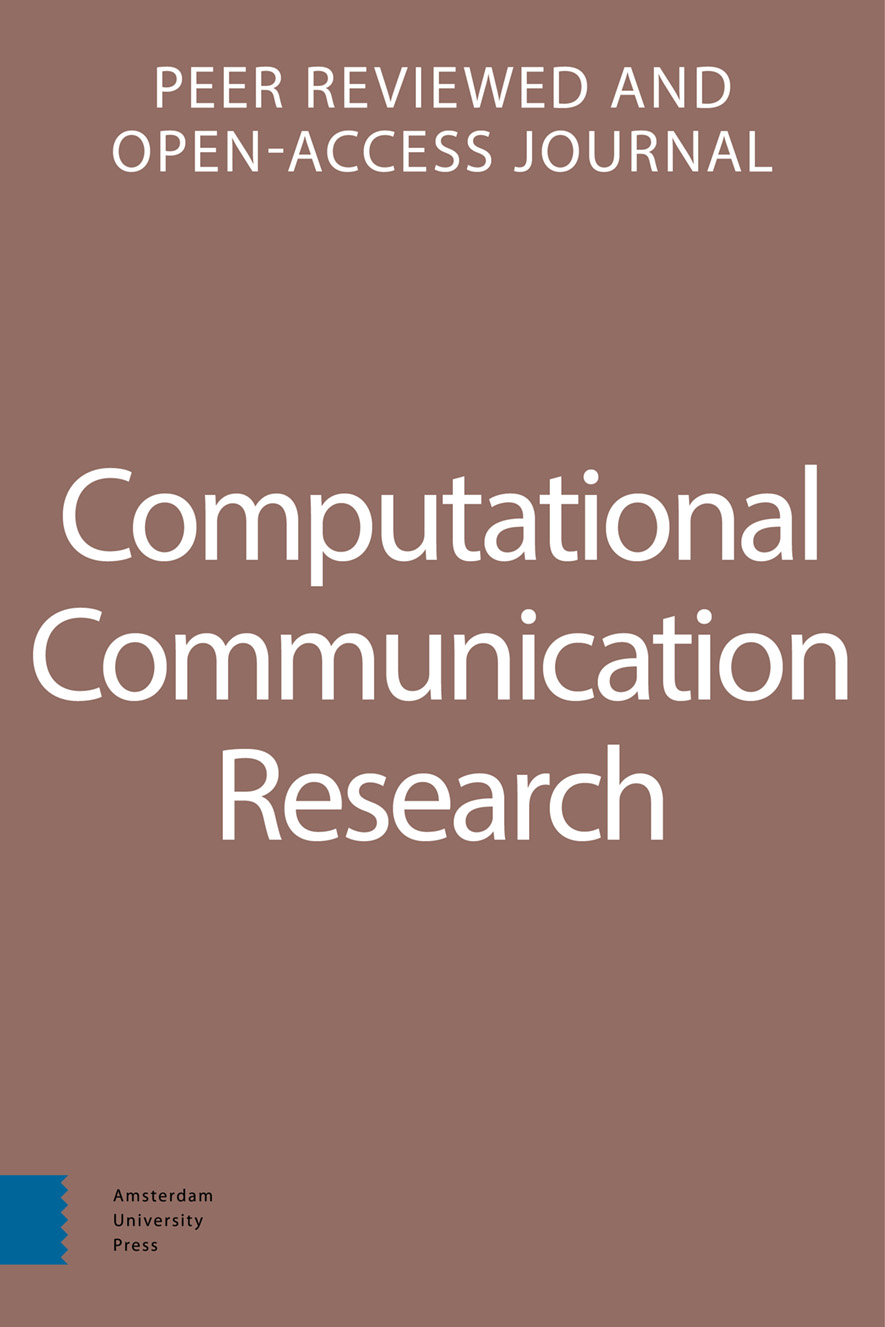-
oa Agent-based modeling of diversity, new information and minority groups in opinion formation
- Amsterdam University Press
- Source: Computational Communication Research, Volume 6, Issue 1, Jan 2024, p. 1
Abstract
Understanding the decentralized formation of public opinion is increasingly important to communication research. Although many key determinants cannot be observed empirically, we argue they can be explored through theoretical modeling. Building on an existing agent-based model of opinion dynamics, our study introduces more complex, but theoretically interesting and realistic, agent behavior. We model distinct opinion tendencies which represent individuals’ diversity of belief, as well as external influences such as new information. Diversity increases the extremity of opinion in simulated consensus, radicalization and polarization. Simulation of new information demonstrates the ability of a minority group to shift majority opinion significantly in the long term, even with transient changes in behavior. Opposing minority groups do not counteract each other when their actions are delayed and may in fact amplify the original effect. We argue that modeling can help researchers and other stakeholders understand how these outcomes could arise in the real world, and thereby explore potential mitigations or exploitations.


